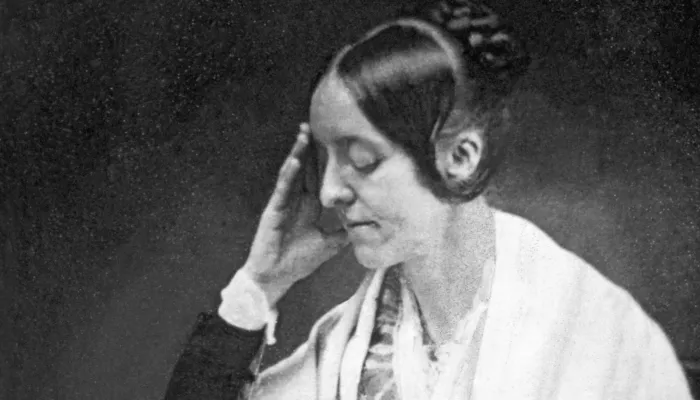Kevin Irie
Biography
Kevin Irie is a Japanese-Canadian poet. His poems have been published in Canada, the United States, Australia, and England, been broadcast on CBC Radio and have been translated into Spanish, French, and Japanese. He was long-listed for the CBC Poetry Prize in 2017 and 2025 and also shortlisted for Arc’s Poem of the Year. His book The Colour of Eden was a finalist for the 1997 Toronto Book Award. Angel Blood: The Tess Poems, was nominated for the 2005 ReLit Award. His book, Viewing Tom Thomson: A Minority Report, was a finalist for the 2013 Acorn-Plantos People’s Poetry Award and the Toronto Book Award. His book, The Tantramar Re-Vision (McGill-Queen’s University Press, 2021) was picked by the CBC as one of the Spring Poetry Books 2021 and by Quill and Quire Magazine as part of their 2021 Summer Reading Guide. In 2024, he won first prize in Grain Magazine's poetry contest, second prize in Prairie Fire's poetry contest, third prize in The New Quarterly's poetry contest and honourable mention in Grain's Hybrid Contest for Experimental Writing. He is anthologized in The Gate of Memory: Poems by Descendants of Nikkei Wartime Incarceration (Haymarket Books, 2025) and Best Canadian Poetry 2026 (Biblioasis Press, 2025). His next collection is Evacuations (University of Alberta Press, 2026). He lives in Toronto.
Micro-interview
I did read poetry in high school, but it was all through the curriculum. Looking back, I see now that the older I got, the more poetry made an impression on me, and I think of high school as the place where I was first introduced to Shakespeare, Dylan Thomas, and Yeats. Leonard Cohen also was a name well-known, even if not part of the curriculum. "Fern Hill" and "Do Not Go Gentle into That Good Night" by Dylan Thomas are poems I loved. "He wishes for the Cloths of Heaven" and "A Coat" by Yeats are also poems that never left my memory.
I started to seriously write poetry in my early twenties. Before that, there were poems that were written as high school assignments or stray lines scribbled down for later. Later, being an English major at university meant being surrounded by aspiring poets or by people who talked about poetry, and they were all very impressive but, at that time, I never actually wrote any poems myself. I started to think of myself as a poet only after I had published poetry books but that is only one definition of a poet.
A poet's job is to write the words that they wish to hear or to read. Sometimes, it is the attempt to put into words what is initially felt as impressions. After that, one can only hope there are also others interested in hearing and reading the poem. As American poet John Koethe has said, " Poems aren't meant to persuade, but just ring true."
"Current" is inspired by observing the movement of water, especially small streams and creeks of freshwater, and how water moves in no way you can predict and continues on its own way without you. The constant flow of a current is so mysterious and yet so commonplace when we look at it.
"The Colonel" by Carolyn Forche was a poem that I had memorized without consciously trying to do so. Written decades ago, it seems it could have been written last week, which makes it so haunting and also so disturbing.


